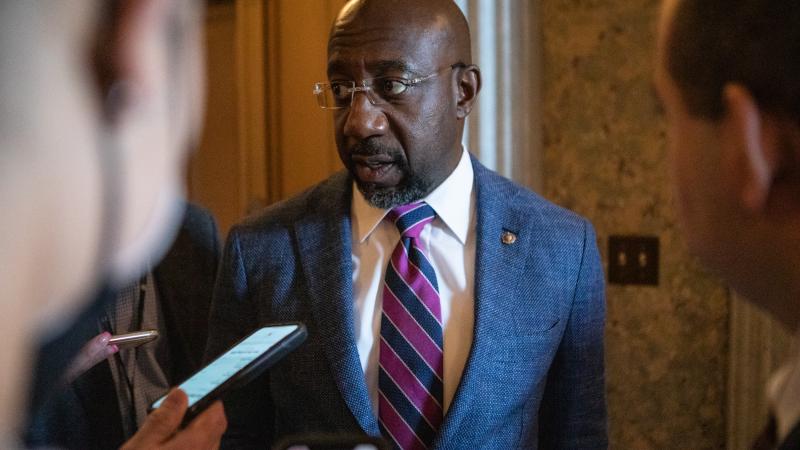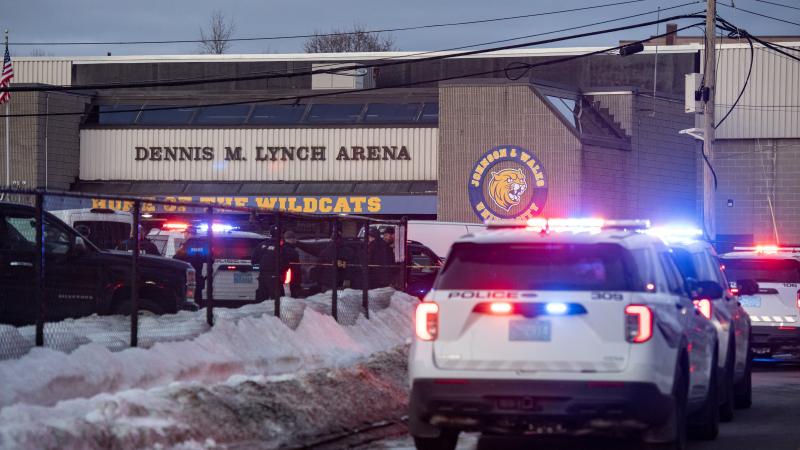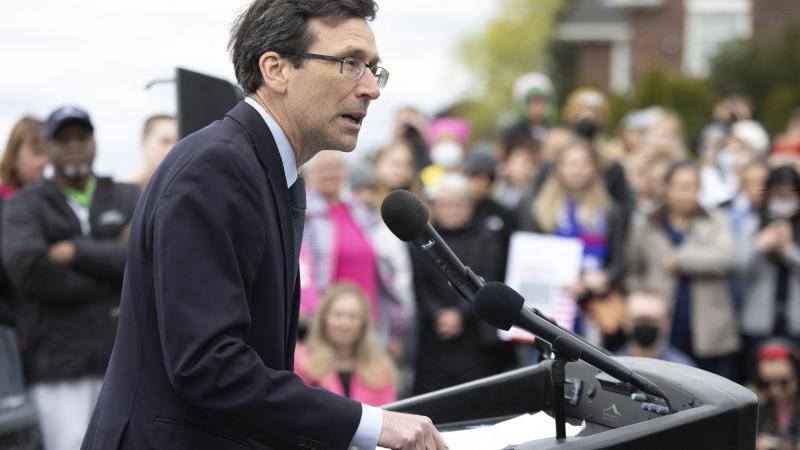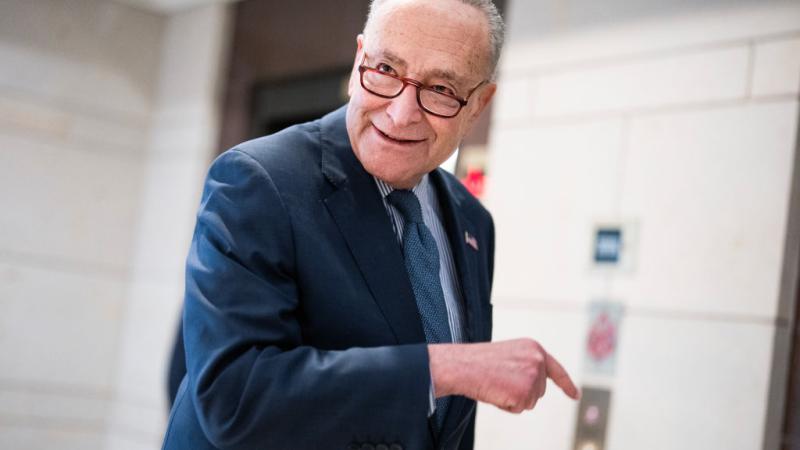FDIC has only about half the cash needed to cover roughly $264B in deposits at failed banks, report
President Biden says taxpayers aren't paying for failed bank losses because the money comes from the fees banks pay into the deposit insurance.
The Federal Deposit Insurance Corporation has $128 billion of cash on hand while deposits at failed banks are $264 billion, according to the latest data available.
Signature Bank has $88.6 billion of deposits and Silicon Valley Bank has $175.4 billion of deposits. According to the FDIC’s most recent quarterly report, the agency has a balance of $128 billion.
Signature failed Sunday and Silicon Valley failed Friday.
The FDIC, Treasury Department and Federal Reserve said jointly Sunday they are working together to allow depositors access to their money.
FDIC said Monday the exact amount of uninsured deposits will be determined once the agency obtains additional information from the banks and customers.
President Biden said Monday that taxpayers won't be on the hook for bank losses.
"The money will come from the fees that banks pay into the deposit insurance," he said.
House Financial Services Committee Chairman Patrick McHenry, reacting to the collapse of Silicon Valley Bank, said he has confidence in financial regulators to handle the situation.
"At this time, it is important to remain levelheaded and look at the facts – not speculation – when assessing the right path forward," he said. "I have confidence in our financial regulators and the protections already in place to ensure the safety and soundness of our financial system."
Ohio Sen. Sherrod Brown, chairman of the Senate Banking committee, and California Rep. Maxine Waters, the ranking member of the House Financial Services Committee, each Democrats, said in a joint statement that the actions of federal regulators "will enable workers to receive their paychecks and for small businesses to survive, while providing depository institutions with more liquidity options to weather the storm."















